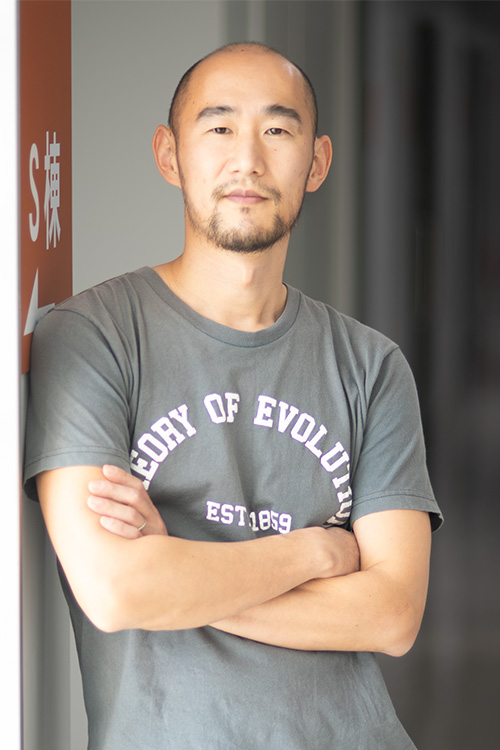
- HOME
- Regenerative Medicine Project
Regenerative Medicine Project
Development of therapies for genetic disorders by modifying iPS cells
Yuichiro Miyaoka has been the leader of the Regenerative Medicine Project since 2016.
He received his Ph.D. from the Institute of Molecular and Cellular Biosciences, the University of Tokyo under the supervision of Dr. Atsushi Miyajima in 2009. After receiving his Ph.D., he worked as a staff scientist in the Dr. Atsushi Miyajima’s lab from 2009 to 2011. Then, he did his postdoctoral training in the Bruce Conklin’s lab at Gladstone Institutes, USA from 2011 to 2015, where he developed the first digital PCR-based method to detect genome editing outcomes. He applied this method to isolate genome-edited cells without antibiotic selection. His current interest is to apply genome editing in human iPS (induced pluripotent stem) cells to cure genetic disorders by disease modeling, cell transplantation therapy, and direct genetic manipulation in patients’ cells. For these therapeutic applications, genome editing should be precise. Therefore, he also aims to improve the accuracy and predictability of genome editing.
Backgrounds
Genome editing technology allows us to rewrite the genetic information in any species and cell type, including human cells. We focus on human iPS cells, a type of pluripotent stem cell that can be generated from patients’ cells by the introduction of specific transcription factors and differentiated into other cell types. Our goal is to use genome editing in iPS cells to model human diseases and develop new therapies (see figure).
Objectives
- We will introduce pathogenic mutations into iPS cells from healthy patients to model genetic diseases. We will use these modified iPS cells to study the pathogenesis of these disorders
- We will develop methods to correct pathogenic mutations in iPS cells from patients with genetic disorders. We will test these cells for recovery of cellular functions, and use them to develop cell transplantation therapies
Members
Project Leader Yuichiro Miyaoka
- Daisuke Matsumoto
- Tomoko Kato

